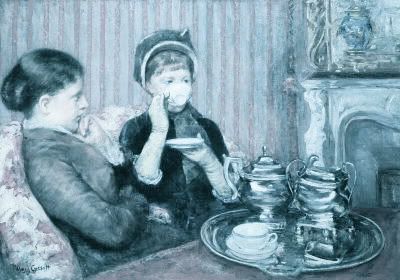Ever have the need to “get something off your chest”?
NPR ran a story yesterday about Larry Israelson, a writer who carried a secret burden for 39 years and who then wrote about the apology he was finally able to make to his seventh-grade teacher.
His "misdeed" may seem trite compared with darker things students have done to teachers: as a twelve year old, he dropped out of a beloved teacher's class because students were making fun of him, rhyming his name with the teacher's, trying to imply something the naive boy didn't understand, but knew was an ugly connotation.
Israelson convinced the principal to let him switch teachers, and never told the teacher why. And it bothered him. For years. This teacher had been an encourager to him, consistently helping him and complimenting him on his writing skills, encouraging him in the very career where one day this boy would make his mark as a man.
As an adult, he felt shame about his cowardice, and having let down this very special mentor. For Israelson, the burden was heavy. Being able to find him and apologize, Israelson said, "was like a huge weight was lifted."
This is a great story, because it illustrates the power of confession, forgiveness and reconciliation. Relieving ourselves of a long-kept secret or sin against another can be freeing, especially when it makes forgiveness and reconciliation possible.
The darker side to “getting something off your chest” is when it is about making yourself feel better, without considering how the person on the receiving end will feel or react. That could implode a solid relationship very quickly, or unintentionally cause harm. A counseling session can be a first “best practice” for sharing in a safe environment.





